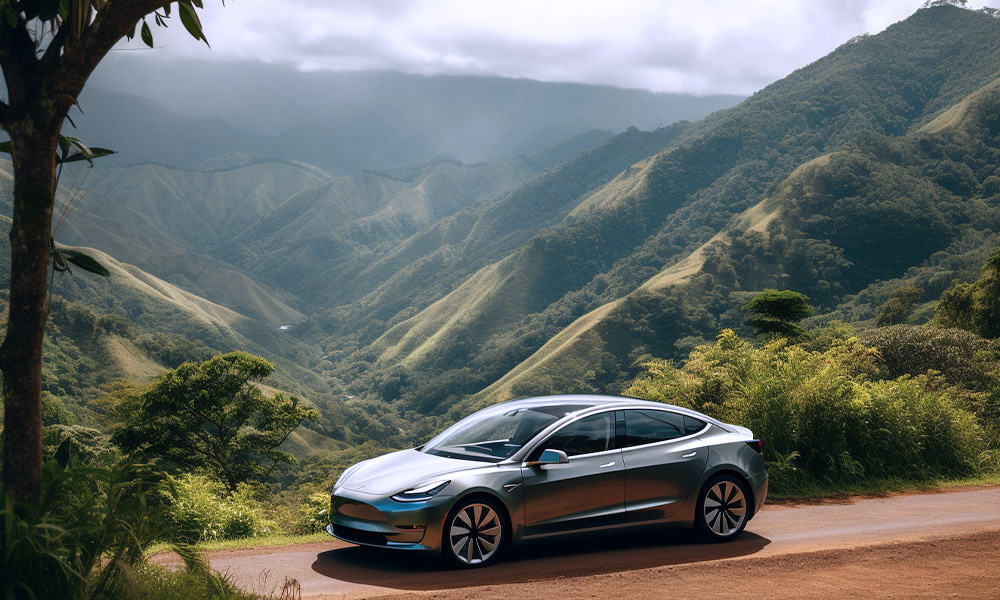Authorities confirm electric vehicle sales are rising sharply in Costa Rica, driven by greater consumer acceptance and an expanding model lineup.
Specialists say buyers have overcome initial hesitancy about electric cars, now seeing them as safe options with improving infrastructure like charging stations. Costa Ricans also have more choices to select from as automakers ramp up EV offerings.
Data from the Ministry of Environment and Energy shows over 1,800 electric vehicles were registered with the Property Registry in 2022. This represents an increase of more than 40% compared to 2021.
“The commitment felt by consumers and the increased supply of electric vehicles are crucial to achieving Costa Rica’s decarbonization goals,” said Alberto Antillón, the ministry’s energy director. “Consumers now see electric vehicles as a regular option, have lost their fear towards them, and recognize their benefits.”
The selection continues to grow as interest builds. “We will close the year with more than 55,000 units, which evidences a great opportunity for the electric mobility sector,” noted Carlos Aguilar of the Association of Importers of Vehicles and Machinery.
Costa Rica’s Push for Decarbonization
This EV boom supports Costa Rica’s commitment to a decarbonized economy. The country reached 99% clean energy production in 2022, per the National Energy Control Center.
As part of the National Decarbonization Plan, Costa Rica aims to achieve net zero emissions by 2050. The transportation sector accounts for almost half of greenhouse gas output, making it a priority.
“The plan’s first three axes focus on transforming our vehicle fleet from polluting to clean,” explained Jairo Quirós Tortós, an electromobility expert at the University of Costa Rica.
This involves promoting sustainable mobility in public and private transport. Quirós said achieving the goals requires coordinated action from government and active participation by businesses and the general public who own most vehicles.
Costa Rica is aggressively building up EV charging stations to reduce range anxiety. New regulations also incentivize electric car adoption. For example, EVs are exempt from import taxes and restrictions on driving in San José.
As the nation modernizes its vehicle fleet, officials advise the public to consider electric for their next purchase. Falling battery prices have made EVs cost competitive with gas models. Maintenance is simpler too, given the reduced mechanical complexity.
While the decarbonization journey remains ongoing, progress is clearly being made. Costa Rica’s strong electric vehicle uptake keeps it on track to hit ambitious emissions reduction targets.






